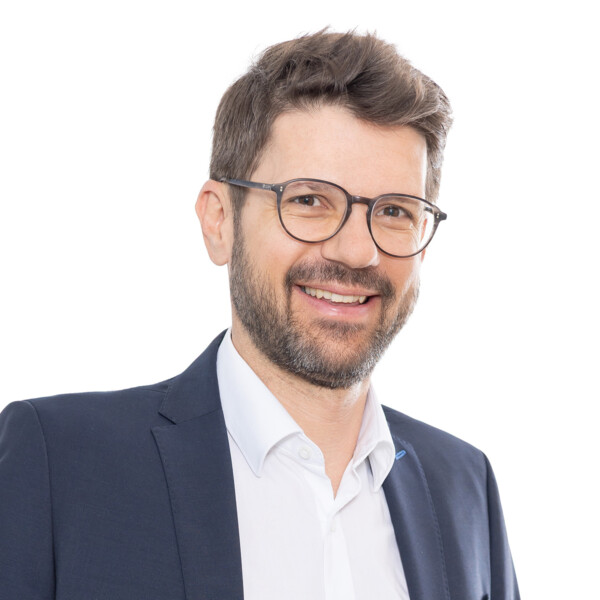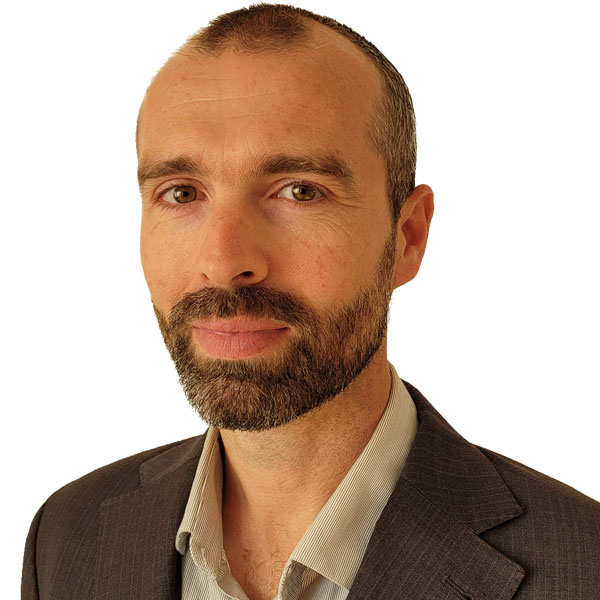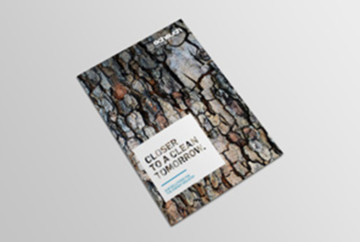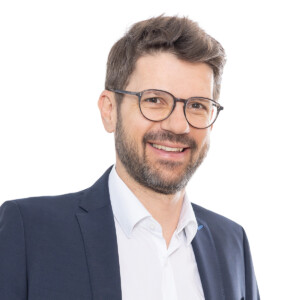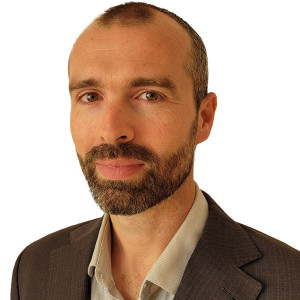Technological innovation for sustainable decarbonization
In Sully-sur-Loire, France, Swiss Krono, one of the leading manufacturers of engineered wood, has taken a major step towards sustainability and decarbonisation. In collaboration with Scheuch, Swiss Krono France, Dalkia and Meridiam have accomplished an ambitious mission:
To reduce energy consumption, increasing production efficiency and the enormous reduction of emissions.
What sounds like a difficult balancing act at first glance is a prime example of technological innovation.
Role model for sustainability
‘There are projects that go beyond the actual order,’ explains Thomas Rainer, Managing Director of Scheuch GmbH, enthusiastically. ‘Our latest project with Swiss Krono is one such milestone. It shows that technological innovation not only provides an answer to ecological challenges, but also strategically changes the future of the entire industry.’ What appeals to Rainer is the ‘Green Energy Sully’ project – a pioneering initiative that could serve as a model not only for the Swiss Krono plant, but for the entire engineered wood industry.
With the installation of a 65 MW biomass plant, which is fed by wood waste from the production process, Swiss Krono was able to achieve a remarkable reduction in its CO2 emissions by a whole 35,000 tonnes per year. But that’s not all: the plant reduced the plant’s gas consumption by up to 95 per cent – an achievement that not only protects the environment, but also noticeably reduces operating costs. An all-round successful decarbonisation that Swiss Krono implemented together with Dalkia, a specialist in energy efficiency, and Meridiam, an independent investment Benefit Corporation and an asset manager of sustainable infrastructures.
More than just technology from Scheuch
Scheuch played a key role in this project. ‘We supplied the entire flue gas cleaning system and developed a customised solution for the customer. We focused in particular on a coordinated combination of spark separators, bag filters and activated carbon and hydrated lime silos, all of which ensure optimum flue gas cleaning of the biomass incineration plant. Everything, even the programming of the systems, was carried out by our teams,’ reports Alois Hermandinger, Director Sales & Product Management at Scheuch GmbH.
A particular highlight of the project was the innovative ercs system (Energy Recovering & Cleaning Systems) from Scheuch, which efficiently converts the residual heat from the cleaned flue gas into hot water and feeds this directly back into the plant. This technology ensures that valuable energy is not lost unused but is reutilised in the production process. ‘We are particularly proud of this system,’ emphasises Hermandinger. ‘It shows how technology not only solves problems, but also utilises resources more efficiently and creates sustainable benefits for the company.’
With the ‘Green Energy Sully’ project, Swiss Krono, together with Dalkia, Meridiam and Scheuch, is proving that technological innovation and sustainability are not only possible, but also the basis for a future-proof industry.
